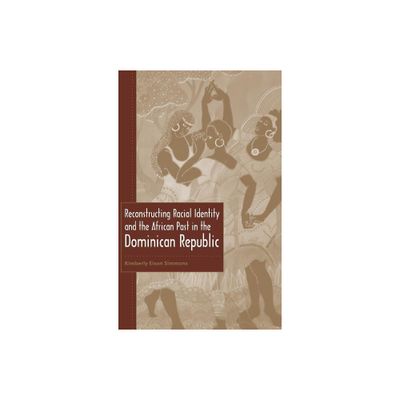Home
Reconstructing the Past: Parsimony, Evolution, and Inference
Loading Inventory...
Barnes and Noble
Reconstructing the Past: Parsimony, Evolution, and Inference
Current price: $30.00


Barnes and Noble
Reconstructing the Past: Parsimony, Evolution, and Inference
Current price: $30.00
Loading Inventory...
Size: OS
*Product Information may vary - to confirm product availability, pricing, and additional information please contact Barnes and Noble
Reconstructing the Past
seeks to clarify and help resolve the vexing methodological issues that arise when biologists try to answer such questions as whether human beings are more closely related to chimps than they are to gorillas. It explores the case for considering the philosophical idea of simplicity/parsimony as a useful principle for evaluating taxonomic theories of evolutionary relationships. For the past two decades, evolutionists have been vigorously debating the appropriate methods that should be used in systematics, the field that aims at reconstructing phylogenetic relationships among species. This debate over phylogenetic inference, Elliott Sober observes, raises broader questions of hypothesis testing and theory evaluation that run head on into long standing issues concerning simplicity/parsimony in the philosophy of science. Sober treats the problem of phylogenetic inference as a detailed case study in which the philosophical idea of simplicity/parsimony can be tested as a principle of theory evaluation. Bringing together philosophy and biology, as well as statistics, Sober builds a general framework for understanding the circumstances in which parsimony makes sense as a tool of phylogenetic inference. Along the way he provides a detailed critique of parsimony in the biological literature, exploring the strengths and limitations of both statistical and nonstatistical cladistic arguments.
seeks to clarify and help resolve the vexing methodological issues that arise when biologists try to answer such questions as whether human beings are more closely related to chimps than they are to gorillas. It explores the case for considering the philosophical idea of simplicity/parsimony as a useful principle for evaluating taxonomic theories of evolutionary relationships. For the past two decades, evolutionists have been vigorously debating the appropriate methods that should be used in systematics, the field that aims at reconstructing phylogenetic relationships among species. This debate over phylogenetic inference, Elliott Sober observes, raises broader questions of hypothesis testing and theory evaluation that run head on into long standing issues concerning simplicity/parsimony in the philosophy of science. Sober treats the problem of phylogenetic inference as a detailed case study in which the philosophical idea of simplicity/parsimony can be tested as a principle of theory evaluation. Bringing together philosophy and biology, as well as statistics, Sober builds a general framework for understanding the circumstances in which parsimony makes sense as a tool of phylogenetic inference. Along the way he provides a detailed critique of parsimony in the biological literature, exploring the strengths and limitations of both statistical and nonstatistical cladistic arguments.


















